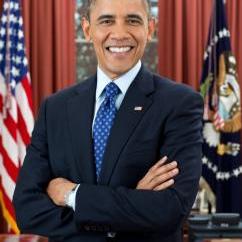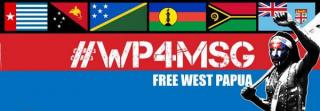
President Obama terminated Russia's designation as beneficiary of the Generalized System of Preferences (GSP) effective October 03, 2014.
The U.S. Generalized System of Preferences (GSP) is a program designed to promote economic growth in the developing world by providing preferential duty-free entry for up to 5,000 products when imported from one of 122 designated beneficiary countries and territories. The GSP program also supports U.S. jobs. U.S. businesses imported $19.9billion worth of products under the GSP program in 2012, including many inputs used in U.S. manufacturing. According to a 2005 U.S. Chamber of Commerce study, over 80,000 American jobs are associated with moving GSP imports from the docks to farmers, manufacturers, and retail shelves. GSP was instituted on January 1, 1976, by the Trade Act of 1974.
Products that are eligible for duty-free treatment under GSP include: most manufactured items; many types of chemicals, minerals and building stone; jewelry; many types of carpets; and certain agricultural and fishery products. Among the products that are not eligible for GSP duty-free treatment are: most textiles and apparel; watches; and most footwear, handbags, and luggage products.
Presidential Proclamation 9188
"I have determined that Russia is sufficiently advanced in economic development and improved in trade competitiveness that it is appropriate to terminate the designation of Russia as a beneficiary developing country effective October 3, 2014." - President Obama
- Login to post comments



Recent comments
9 years 4 weeks ago
9 years 24 weeks ago
9 years 28 weeks ago
9 years 31 weeks ago
9 years 32 weeks ago
11 years 51 weeks ago
12 years 13 weeks ago
12 years 33 weeks ago